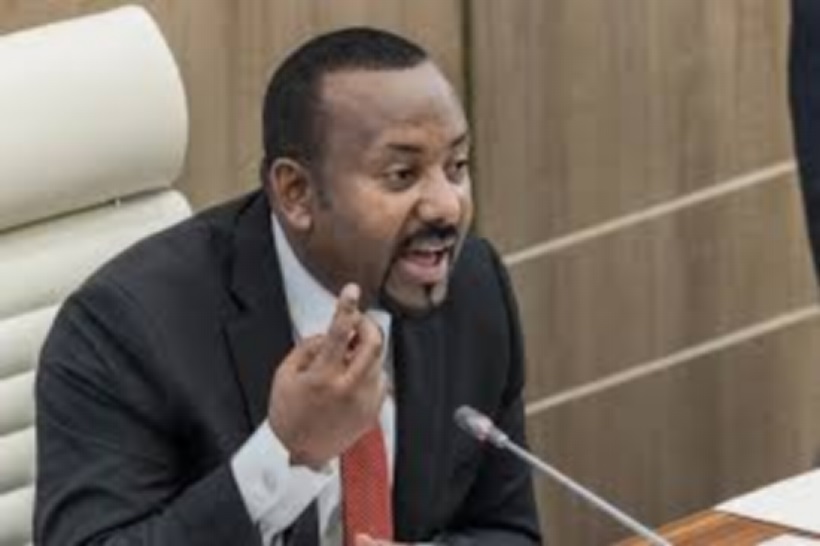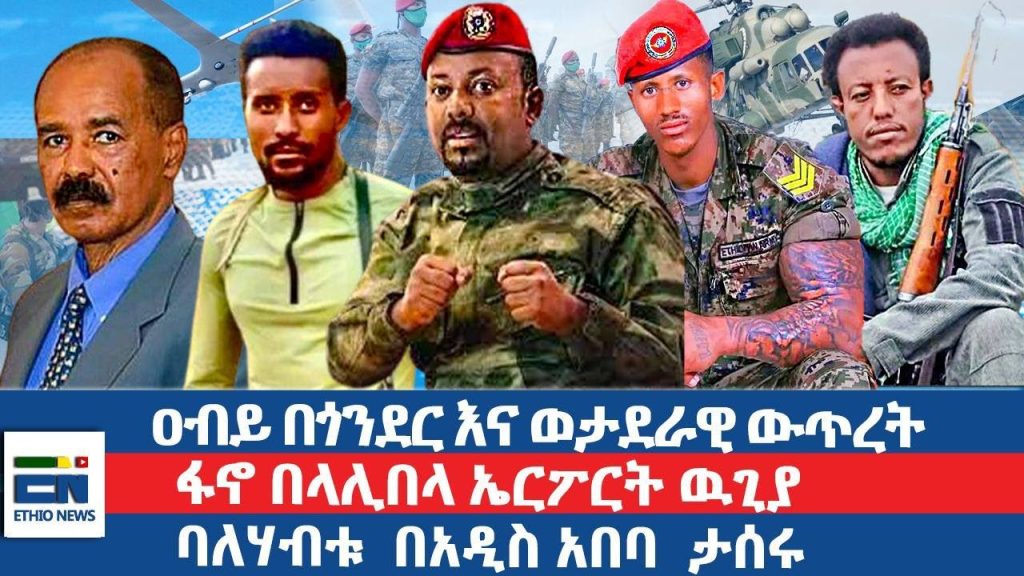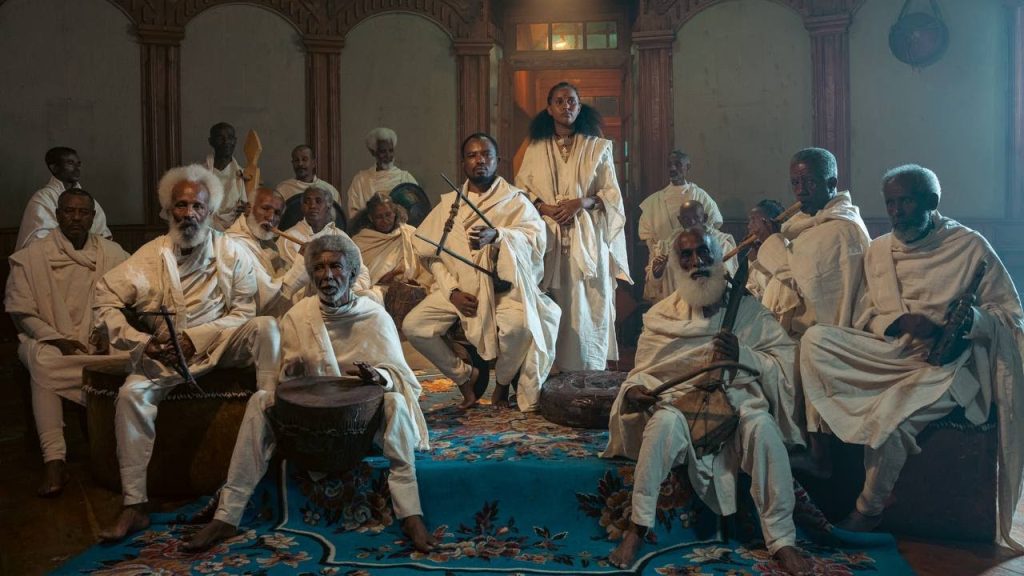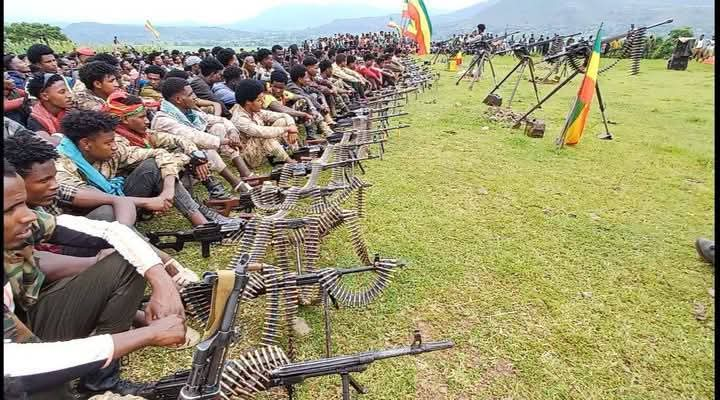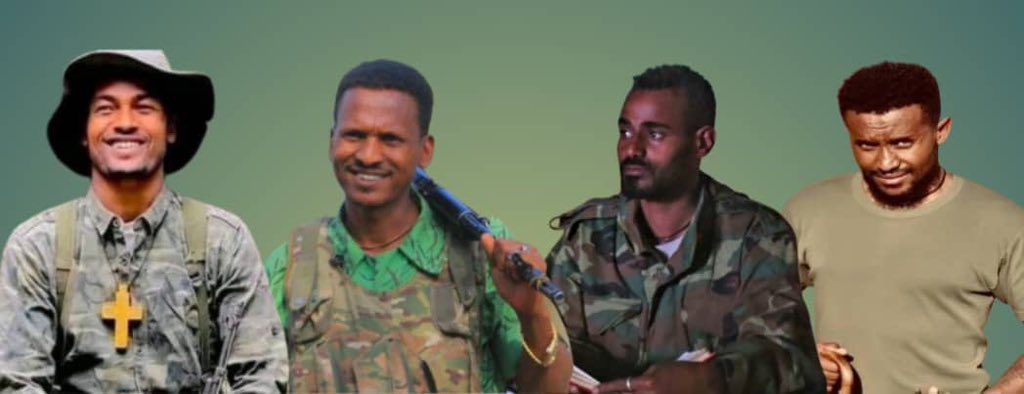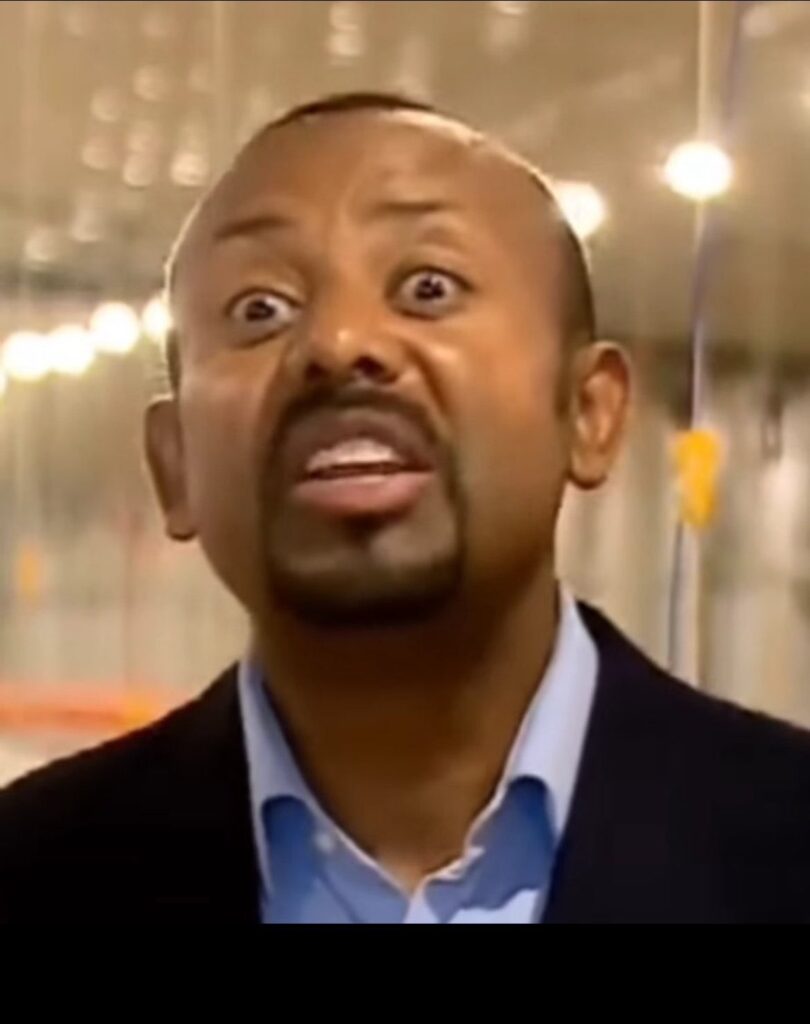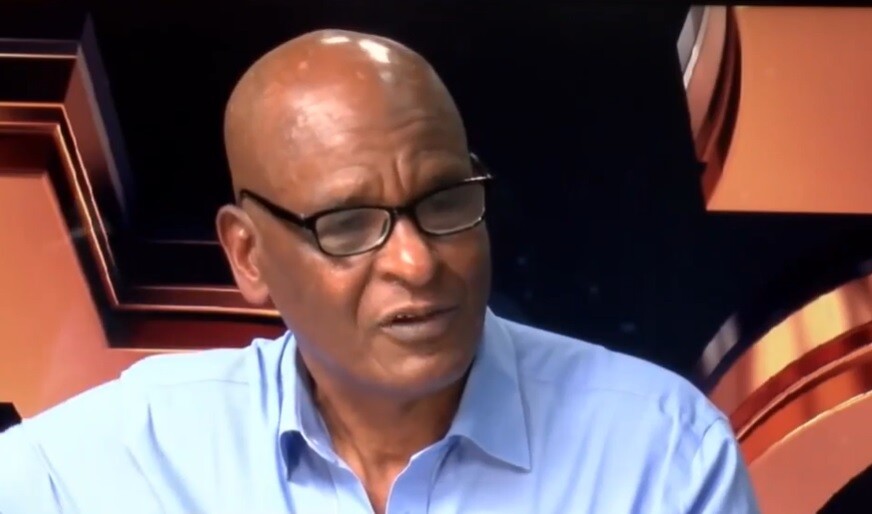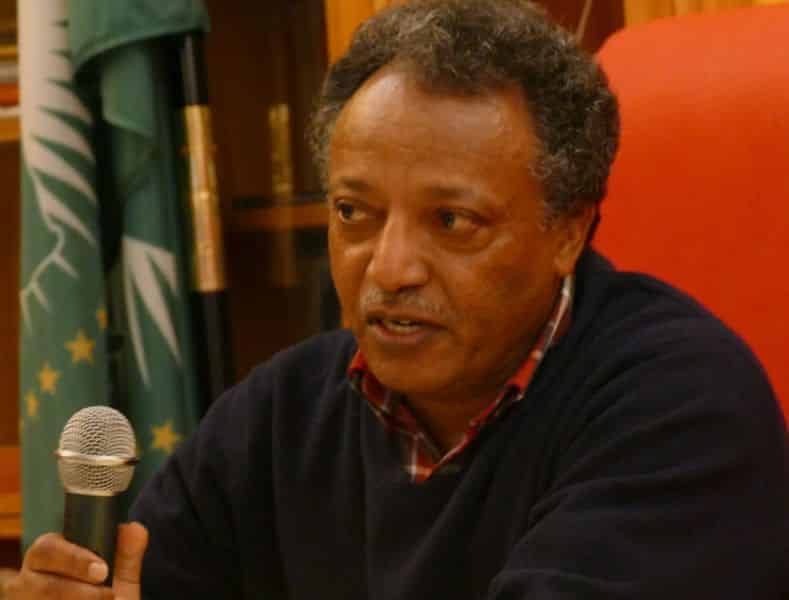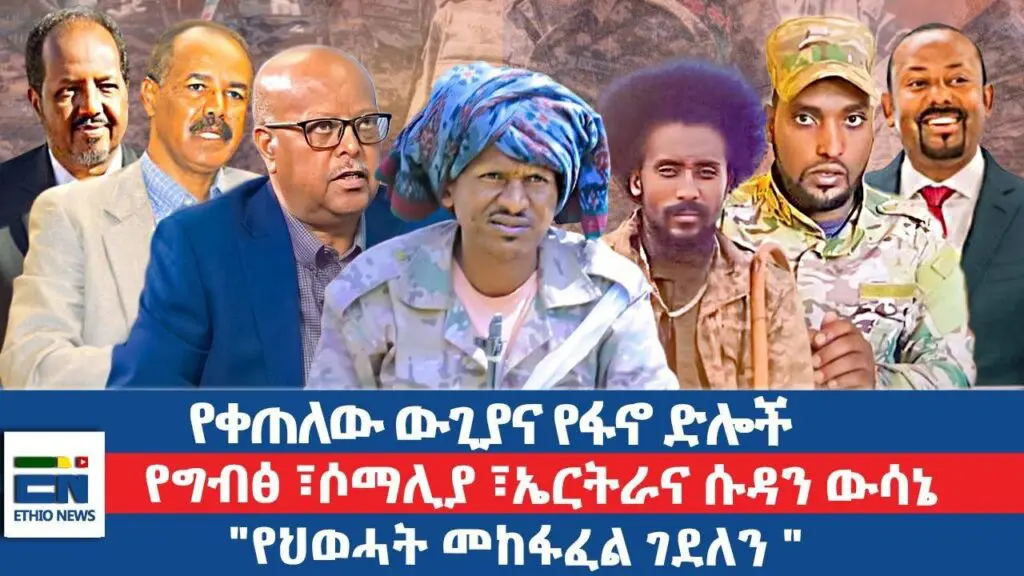em>Eritrea’s not known for much except good coffee and an abiding hatred of Ethiopia. So it caught the world by surprise when the UN accused the tiny country of planning and organising a massive terror attack on Addis Ababa, the capital of the African Union and of the hated Ethiopia. But given President Afwerki’s parlous mental state, and the strange affinity with Somalia’s Al-Shabaab, perhaps the global community should have seen it coming. By SIMON ALLISON.
(thedailymaverick) It’s not every day that a UN report accuses a country of terrorism. UN reports tend to be dry and flavourless, filled with prevarications and hedging of bets. This latest, from the UN Monitoring Group on Somalia and Eritrea, is different. Alongside a number of interesting observations in its 415 pages was one sensational claim: that Eritrea, the tiny Red Sea country which fought such a long war with Ethiopia for its independence and has just been displaced as Africa’s newest country by South Sudan – and whose capital Asmara is home to Africa’s finest cappuccinos – was behind plans for a massive terror attack in Addis Ababa.
The report reads: “In January 2011, the Eritrean government conceived, planned, organised and directed a failed plot to disrupt the AU summit in Addis Ababa by bombing a variety of civilian and governmental targets.”. The goal was “to make Addis Ababa like Baghdad” through a series of coordinated car bombs: one outside the African Union headquarters, one in the Merkato, Africa’s largest open-air market, and one in the area between Ethiopian Prime Minister Meles Zenawi’s office and the Sheraton Hotel, the city’s hotel of choice for visiting presidents and their retinues. If successful, “the operation would almost certainly have caused mass civilian casualties, damaged the Ethiopian economy and disrupted the African Union summit.”
But it failed. In January, Ethiopia claimed to have disrupted a major terrorist operation, making a number of arrests and confiscating C4 plastic explosives, detonators and sniper rifles. Ethiopia, somewhat inevitably it seemed, given the longstanding enmity between the two countries, blamed Eritrea, a claim treated with some scepticism. But to see the claim repeated in a UN report gives it a lot more credibility, despite (or because of?) the fact that the Eritrean government is furiously denying the accusation.
To understand the implications of all this, and to understand why the failed attack has such powerful symbolic overtones, it’s necessary to delve into the dark, murky world of Horn of Africa politics and examine a few of Eritrea’s key relationships.
Firstly, and most obviously, there’s the relationship between Eritrea and its neighbour and onetime overlord, Ethiopia, the roots of which are in the colonial era. Unceremoniously lumped together under the Italians, this became the justification for lumping them together again after independence; this time as supposedly separate entities under the guise of a “federation”. But this was just a political conjuring trick to allow Ethiopia, under Emperor Haile Selassie, to effectively occupy Eritrea. Geography’s to blame for Selassie’s territorial acquisitiveness: Ethiopia is one of the largest land-locked countries in the world. The country was (and remains) desperate for access to Eritrea’s Red Sea ports as an outlet for its manufacturing and industrial output.
Denied much of a say in the running of the Federation, the hollow nature of which became clear in 1962 when Selassie unilaterally annexed the territory, Eritreans began a war for their own independence in the 1960s which would run for three decades, continuing despite the fall of the Emperor and the rise of dictator Mengistu Haile Mariam in Ethiopia. It was a bitter and brutal conflict, with casualties in the hundreds of thousands, and was only solved when Mengistu himself was overthrown by an Ethiopian rebel group, which in turn was supported by the Eritrean rebels. But international recognition of Eritrea as its own country in 1991 didn’t solve the dispute, particularly over some border areas which were contested by both sides. Sure enough, war broke out again in 1998, killing another few hundred thousand troops and civilians. Tensions have simmered ever since.
The second important relationship to understand is the one between Eritrea and Somalia. Although the two countries don’t share a common border, Eritrea’s malign influence has been an important part of the success of Al Shabaab, the extremist group which effectively controls much of Somalia, with Eritrea funnelling funds and arms to them. The same UN report which accused Eritrea of planning to bomb Addis Ababa noted that “Asmara’s containing relationship with al Shabaab, appears designed to legitimise and embolden the group rather than to curb its extremist orientation or encourage its participation in a political process”. It’s a confusing tactic; Al Shabaab and the Eritrean government appear to have little in common, except religion, although Eritrean Islam is nowhere near as fundamental as that preached by Al Shabaab; perhaps the idea is that the more powerful Al Shabaab becomes the more will the extremist group be able to cause chaos in the ethnically-Somali eastern provinces of Ethiopia. But the link between the country and the militant group has had very real consequences for Eritrea, particularly in terms of its relationship with the international community.
It would be polite to describe this relationship as “strained”. In fact, it is almost nonexistent. Mostly because of Eritrea’s links with Al Shabaab, but doubtless with the help of a little backroom diplomatic manoeuvring from Ethiopia, Eritrea has become a pariah state; under heavy sanctions from the United Nations, suspended from the African Union and voluntarily withdrawn from the Inter-Governmental Authority on Development, the Horn of Africa’s SADC equivalent, after IGAD supported the sanctions. Relations with the African Union are particularly difficult. It doesn’t help that the organisation is headquartered in Addis Ababa, the heart of the enemy as far as Eritrea’s concerned and that Ethiopia exerts so much power in AU decisions.
Understanding Eritrea’s relationships – with Ethiopia, with Al Shabaab in Somalia and with the international community – is key to understanding the symbolism of the planned attack on Addis: A strike at the capital of the old enemy, revenge against the African Union which had never really welcomed it into the fold, and an atrocity in the style of the Islamic fundamentalists who are causing such havoc across the Ethiopian border.
Symbolism aside, it remains unclear exactly what Eritrea wanted to achieve with the attack, besides pissing off a lot of very powerful people. But logic, perhaps, was not the overriding factor in the country’s decision-making. Eritrea’s first and only president, the struggle leader Isaias Afwerki, has ruled Ethiopia since independence. His stint in charge has been less than stellar and things keep getting worse. Eritrea was one of only two African countries whose overall governance quality declined significantly over the last five years, according to the Ibrahim Index of African Governance. It’s not easy to decline significantly, requiring markedly worse performances across a whole range of statistics and indicators. Poverty is endemic, education and healthcare barely there, while recent reports suggest the government is actively covering up the food situation in the country. The dire food shortages in Ethiopia, Kenya and particularly Somalia are well-known, but Eritrea has denied that its people are suffering at all, a claim received with scepticism by international aid agencies.
Speculations about the reasons for Eritrea’s decline and stagnation focus strongly on the person of the president. And the question everyone seems to be asking is: Is he just plain mad?
This is an oft-proffered explanation for poor leadership in Africa. Mugabe has syphilis, go the rumours, while Ghana’s JJ Rawlings had bipolar disorder. Mostly, these kinds of unsubstantiated “diagnoses” can be dismissed as the inability of good humans to accept the existence of evil in people. But in Afwerki’s case, given the variety of well-placed sources from which they stem, the rumours might just be credible. The confidential diplomatic cables released by WikiLeaks provide the best insight. In them, the Djiboutian foreign minister calls Afwerki “a lunatic”. The American ambassador to Eritrea describes him as an “unhinged dictator”. A leading Eritrean businessman, says “he is sick”. A former bodyguard, who defected to Ethiopia, said the president is a “recluse who spends his days tinkering with gadgets and carpentry work…it was difficult to tell how Isaias would react each day and his moods changed constantly”.
But insane or not, Afwerki remains in charge and as long as he is, the Eritrean regime is likely to remain the North Korea of Africa; an international pariah state pursuing a lunatic foreign policy and a disastrous domestic one. The solution to the problem of Isaias Afwerki is simple, of course. The American ambassador put it elegantly: “The regime is one bullet away from implosion.” Perhaps the Americans know something about international politics after all. DM

